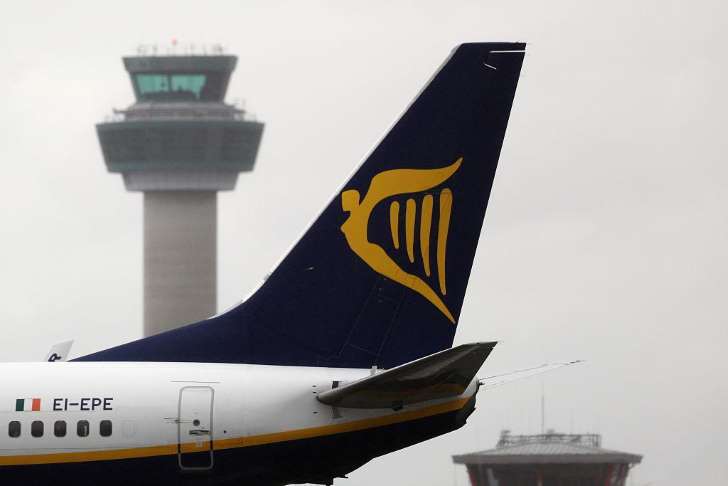“Hello @Ryanair,” began the tweet from a man using the Twitter handle @GunneXgod.
“You have 15 minutes before I commit the biggest terror attack the UK has ever seen on one of your planes.
“Be ready,” the tweet concluded.
The terror threat was false, and the user anonymous. But Ryanair successfully tracked down the offender. After a series of subpoenas to Twitter, the perpetrator was identified as Brian Lake of Koppel, a northern suburb of
Pittsburgh, Pennsylvania.
Ryanair then filed extortion and defamation proceedings, claiming the tweet was written with the “specific intent of harming Ryanair's business and its reputation of providing high-quality, reliable, low-cost goods and services in the commercial airline industry”.
A US District Court judge has now ordered Lake to pay a total of $284,148 (£220,000), which works out at £1,700 for each of the 130 characters in the message.
One quarter of the sum awarded to the Irish airline by Magistrate Maureen P Kelly was in “attorney's fees and costs incurred”, with the remainder in punitive damages.
Ryanair’s Robin Kiely said: “We welcome this US District Court ruling. The safety of our customers, people and aircraft is our number one priority and we will not allow anyone to impugn, threaten or undermine our 32-year unblemished safety record and will pursue any ‘anonymous’ social media offenders through the courts.”
Bomb threats have frequently been made against airlines, by a range of individuals from disaffected employees to passengers worried about missing their flights.
Writing in Aviation Security International magazine, Philip Baum said: “When a threat is deemed to be ‘specific’ in nature, one cannot assume that, just because all previous threats have been hoaxes, this one is too.”


